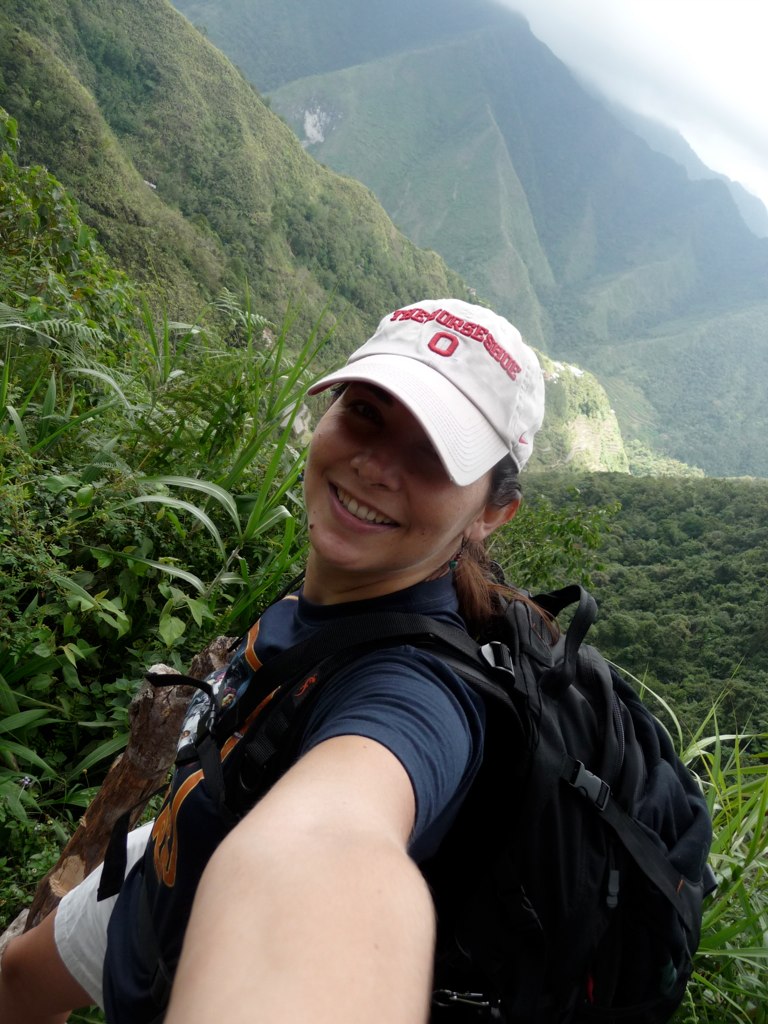Bundok is the Tagalog word for mountain. When American soldiers arrived in the Philippines in 1898, they adopted the word and, of course, changed its meaning. Because ‘Merica. U.S. Marines, in particular, made “boondocks” a buzzword for everything from jungle to backwoods to, in fact, mountains. In their minds, whatever looked “wild.”
For the first half of the century, it remained specialized military slang. One source claims that boondocks appeared in the 1909 Webster’s New International Dictionary, but if so this was the first print usage by at least 30 years. The Online Etymology Dictionary also recognizes the word’s vernacular use as early as the 1910s, but it was otherwise not published until 1944 in the Marine Corps Reader—interestingly, describing Parris Island, South Carolina, a Marine Corps training station that looks pretty flat to me.
In World War II, the word was revived, not only among American fighting forces in the Pacific, but also among those soldiers’ and sailors’ families Stateside, too. The Vietnam War reinforced this usage, and now the word is ubiquitous: being out in the boondocks means being in an isolated or wild region. And, yes, my town in New Hampshire probably counts. I’m proud to live in the boondocks—but I just wish it were closer to the real mga bundok (Philippine mountains).

Featured photo by Jojo Nicdao in the Creative Commons, found here.

